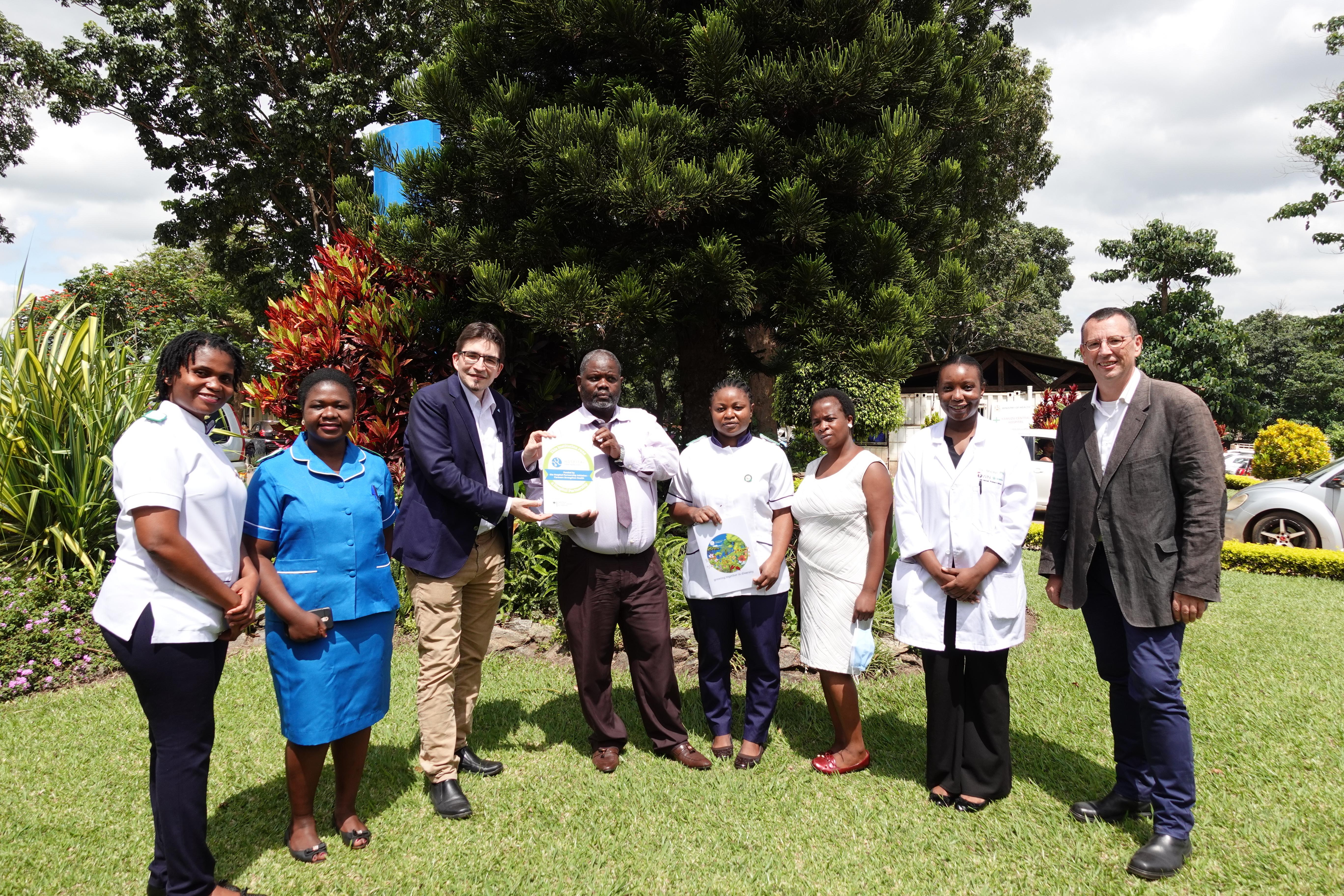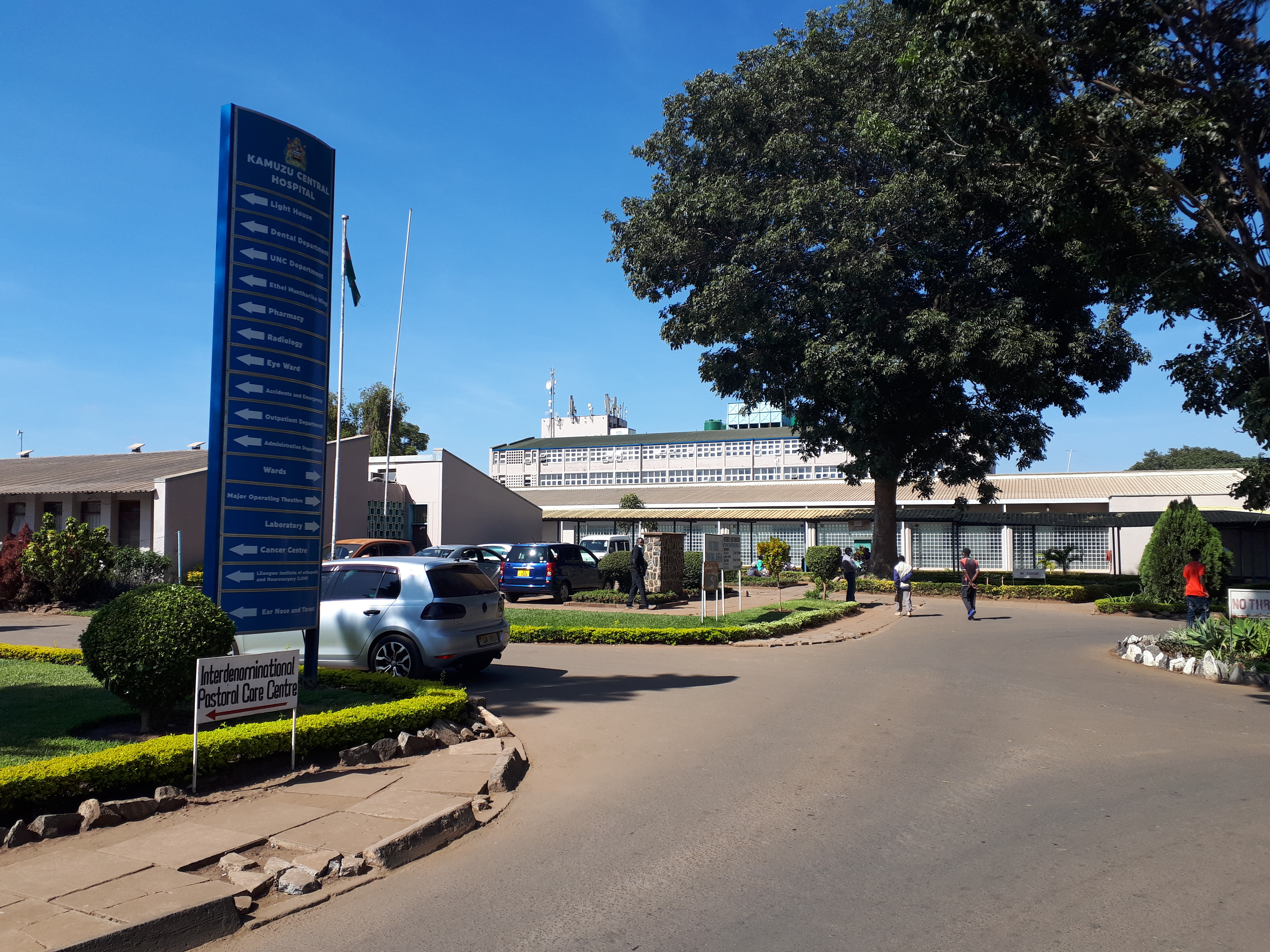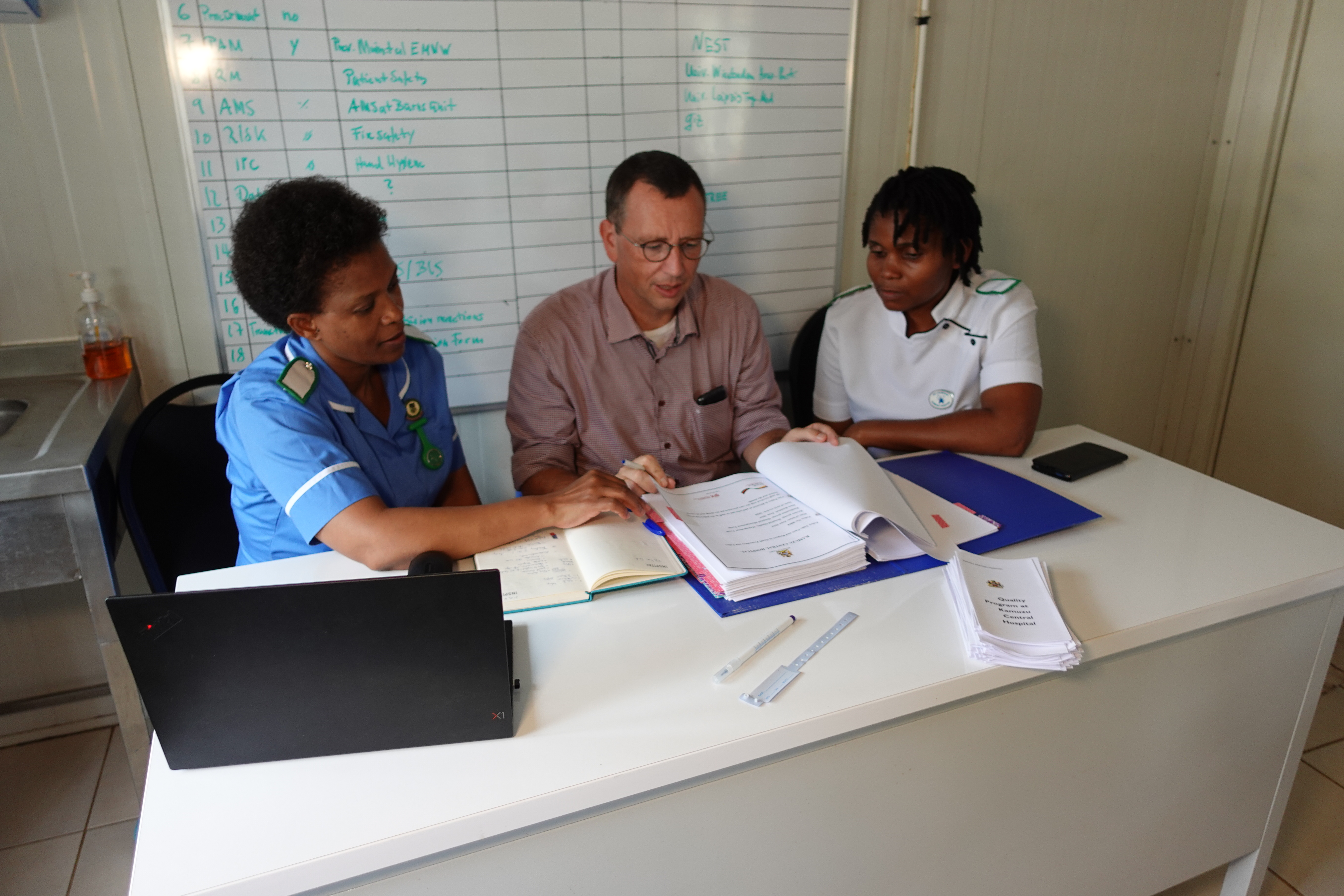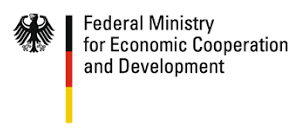Malawi also had to contend with several corona 'waves'. These had a serious impact expecially on our hospital as a tertiary institution. In particular, the oxygen supply to the patients was very difficult to ensure. There were not enough oxygen concentrators or oxygen cylinders, let alone a central oxygen supply. This has led to many preventable deaths. Medical oxygen is produced in Blantyre, so every night tucks had to drive to Blantyre, where they had to fill up the cylinders and drive back to Lilongwe. Fortunately, we were able to convince the local health programme of the Deutsche Gesellschaft für Internationale Zusammenarbeit (GIZ) GmbH to procure a container-based oxygen production plant. I would also like to thank the entire GIZ team at the Malawi Country Office once again. With funding from the Federal Ministry for Economic Cooperation and Development (BMZ) through GIZ, we were also able to procure protective equipment and important special oxygen masks, which have helped us a lot in the treatment of patients.




